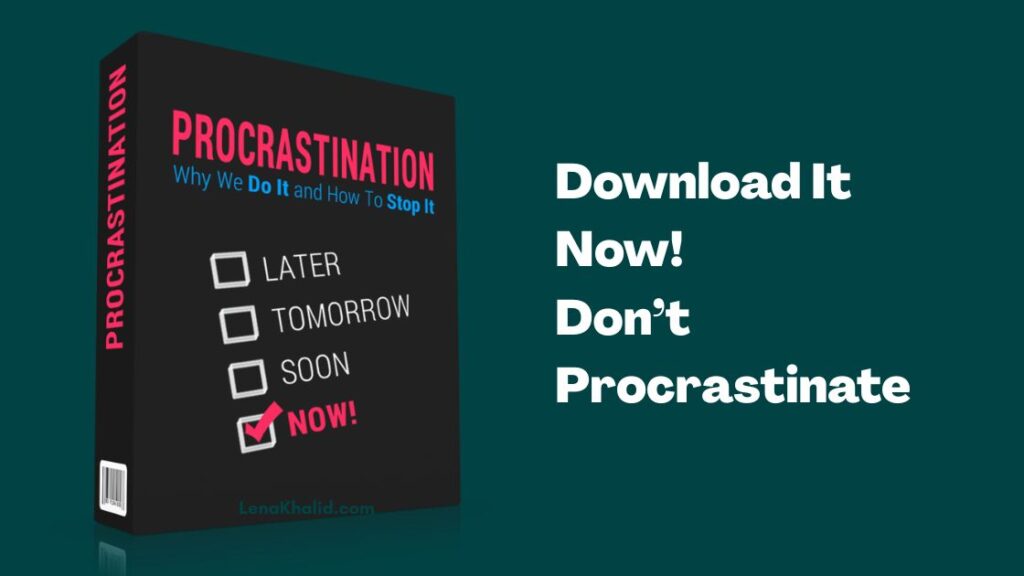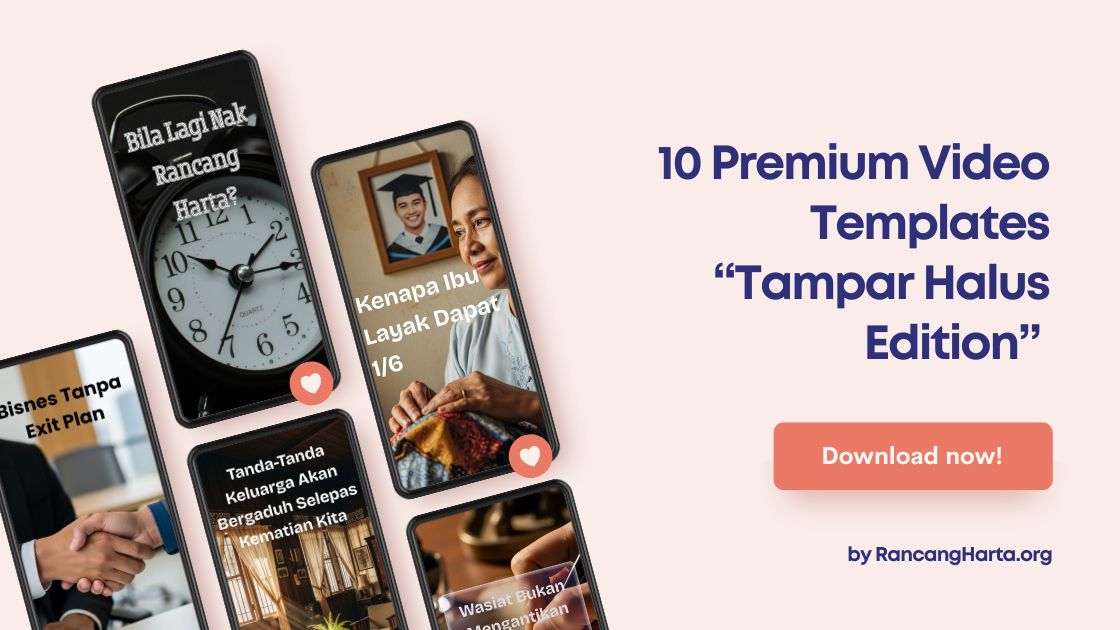
How to Create Compelling Online Content That Gets Traffic
In his book Success Secrets of the Online Marketing Superstars, Mitch Myerson introduces you to 22 innovators who have redefined the developing landscape of online marketing. Learn how to master proven strategies, avoid costly mistakes and grow your business. In this edited excerpt, contributing author and founder of Backlinko.com Brian Dean offers five different strategies for creating content that’s a “must read” instead of a “ho hum.”
It’s no secret that great online content on a website is the key that opens the door to links, social shares, and traffic. But you may be wondering, What the heck is great content, really?
I mean isn’t “great content” subjective?
It is. But when I say “great content,” I’m talking about content that does one thing and does it well: generates high quality backlinks to your site.
Content that accomplishes that lofty goal tends to have these four traits:
1. It’s highly targeted to a very specific audience. “6 Evernote Hacks to Increase Productivity” will do better than “6 Ways to Be More Productive.”
2. It has a visual component, containing images, screenshots, infographics, diagrams, or videos.
3. It’s awe-inspiring. “Good” or even “great” content doesn’t cut it anymore. To get links today, your stuff has to be jaw-droppingly good.
4. It’s on a site with a clean, professional design. Thousands of great articles are invisible online because they’re hosted on ugly-looking sites.
Following are five winning content templates that are downright link magnets.
1. Ultimate guides.
It’s no secret that people today are busy—very busy. Which means that the last thing they want to do is scour the web for information on a single topic.
Enter: ultimate guides.
Ultimate guides perform well because they curate all of the information on a given topic in one place. The content’s USP is a very easy sell.
More importantly, whenever people mention that particular topic on their site, they’ll link to your ultimate guide. After all, you created the “go to” resource.
2. Absurdly long list posts.
When someone sees a post like “200 Ways to Save Money,” they think, “Wow, this must be amazing” before they’ve even read the first sentence.
So the next time you’re in the mood for a list post, consider upping your game so that your list includes 50, 100, or even 300 items.
It takes a lot more work than a top seven list, but it will pay off when you have a piece of content that people can’t help but admire and share.
3. Visual content (especially infographics).
Humans are hard wired for images and visuals. The fact is, images—in the form of infographics, diagrams, interactive images, quizzes, puzzles, and games—tend to outperform their text-based counterparts. Why?
Sixty-five percent of the U.S. population classifies itself as “visual learners.” So when you publish information in a visual format, you’re satisfying a user base that’s largely underserved by the web’s mostly text-based info.
4. Industry studies or data.
There’s no denying it: People love to share data. Whether it’s data on the average person’s shoe size, the number of calories in a meal, or the most retweeted tweet, unique data spreads like wildfire on the web.
And you don’t need a double-blind placebo controlled trial to get your hands on this juicy data. Polls and surveys are easy to use, dirt cheap, and give you enough data that you can easily publish your results in the form of a soon-to-go-viral blog post, infographic, or press release.
5. Systems and case studies.
There’s a dirty little secret behind blogs that grow like Jack’s Beanstalk: They publish insanely useful content that actually provides value to their target audience.
Sure, there’s a place for “Here’s my take on …” blog posts. But content that actually gives people a solution to a problem will beat the “I think X is Y” articles 99 times out of 100.
To create such content, first identify problems that your target audience is having, whether it’s filing their complex tax returns or losing those stubborn love handles. Then provide a step-by-step solution to those problems (bonus points if you publish a case study of your solution in action).





